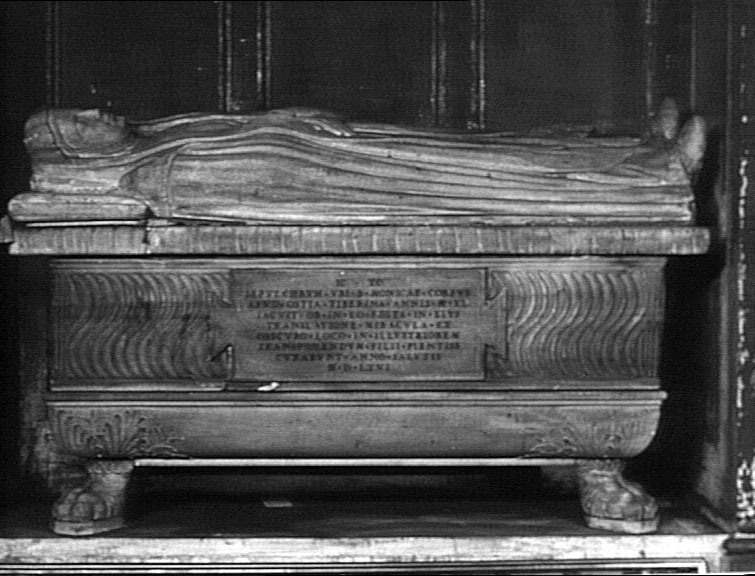|
Guillaume D'Estouteville
Guillaume d'Estouteville (c. 1412–1483) was a French aristocrat of royal blood who became a leading bishop and cardinal. He held a number of Church offices simultaneously. He conducted the reexamination of the case of Jeanne d'Arc and exonerated her of the charges against her. He reformed the Statutes of the University of Paris. In Rome he became one of the most influential members of the Curia, as the official Protector of France in church business. Pope Sixtus IV appointed him Chamberlain of the Holy Roman Church (''Camerlengo''). His great wealth allowed him to be a generous patron of the arts, especially in the building and adornment of churches. Life D'Estouteville was born c. 1412 in either Valmont or Estouteville-Écalles in the Duchy of Normandy, a member of the most powerful family in the region. His father, Jean d'Estouteville, Sieur de Vallemont and Grand Chamberlain of France, had fought at Agincourt, was captured, and spent twenty years as a prisoner of w ... [...More Info...] [...Related Items...] OR: [Wikipedia] [Google] [Baidu] |
His Eminence
His Eminence (abbreviation H.Em. or H.E. or HE) is a style (manner of address), style of reference for high nobility, still in use in various religious contexts. Catholicism The style remains in use as the official style or standard form of address in reference to a cardinal (Catholicism), cardinal of the Catholic Church, reflecting his status as a Prince of the Church. A longer, and more formal, title is "His (or Your when addressing the cardinal directly) Most Reverend Eminence". Patriarchs of Eastern Catholic Churches who are also cardinals may be addressed as "His Eminence" or by the style particular to Catholic patriarchs, His Beatitude. When the Grand master (order), Grand Master of the Sovereign Military Order of Malta, the head of state of their sovereign territorial state comprising the island of Malta until 1797, who had already been made a Reichsfürst (i.e., prince of the Holy Roman Empire) in 1607, became (in terms of honorary order of precedence, not in the act ... [...More Info...] [...Related Items...] OR: [Wikipedia] [Google] [Baidu] |
